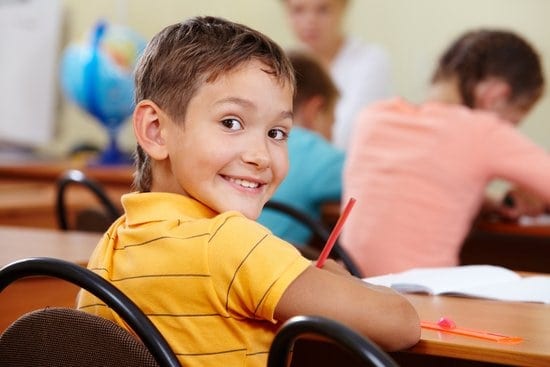Back to School Anxiety
Author: Dr. Judy Rosenberg
Back to school anxiety is very common. Children and adolescents come off of the summer routine and are expected to go from a generally undisciplined life to waking up early and having the responsibility of doing homework.
Going back to school means different things for different children. For some, it represents the excitement of meeting up with old classmates, being part of a team whether it be sports or otherwise, and the excitement of learning new information and skills. For other children it may represent fear of separation, fear of being judged and criticized, and even fear of being bullied.
The family dynamics are much overlooked. When children have “pillars,” referring to stable parents and stable family, their tendency is to be comfortable in new environments. When children receive the psychological nutrients of parent/child connection in the form of attunement, unconditional love, and parental emotional availability, as well as physical availability, they thrive.

School kid smiling back
When the pillars are dysfunctional, the child becomes destabilized and can have difficulty managing their emotions. Childhood wounds in the form of physical abuse, emotional abuse, sexual abuse, or over controlling/smothering and neglect compromise the child’s ability to concentrate. This will infect their lives, affecting their grades.
From a Mind Map perspective, when children are abused, they develop negative core beliefs about themselves and the world around them. Negative core beliefs may sound like “I’m stupid, I’m not good enough, I’m a loser,” etc. These negative core beliefs can easily be triggered by teachers and peers. The solution is to build your child’s self-esteem so they are not vulnerable to other people’s views of them.
Separation anxiety is often a result of insecure attachment. If your child is suffering from extreme separation anxiety in the form of stomach aches, headaches, clinginess, and extreme stress response, it is time to intervene and get psychological help. When it comes to homework, the best policy is to be there to assist your children and not do their homework for them. It is a good idea to be an involved parent, so they can feel that they are important.
Children’s worst fears are “who will be my new teacher, will she be mean, will I be popular, will I get good grades, will I look stupid.” To help mitigate their worries, listen and try not to reassure them; instead, help them with solutions.
Additionally, in the modern climate of school shootings, it is understandable that parents and children are nervous about returning to school. Statistics show that school shootings, although much publicized in the media are very rare. Helping to plan for safety and taking proactive measures is the best solution.
Parents, the best thing you can do for your child is to heal your own childhood wounds so that you don’t project them onto the next generation. Living a philosophy of working on yourselves and learning how to self-reflect and self-correct is the best modeling you can give your children.

